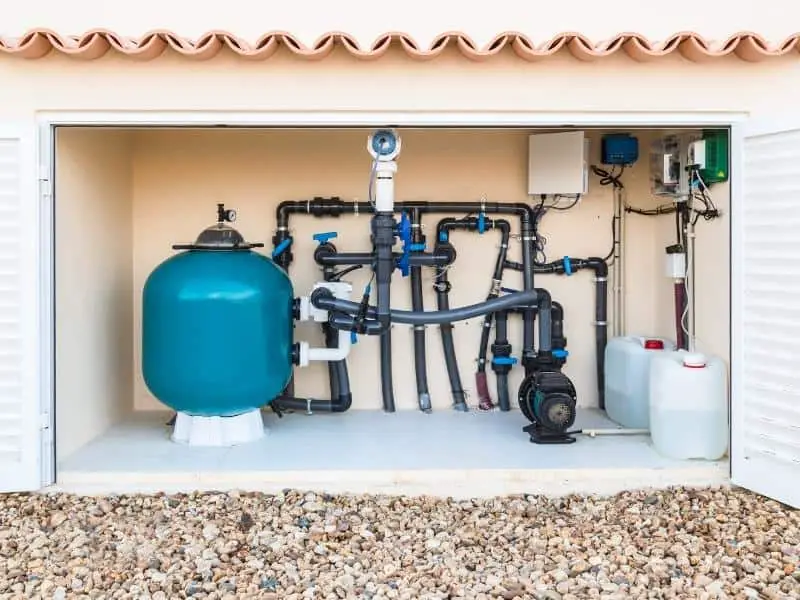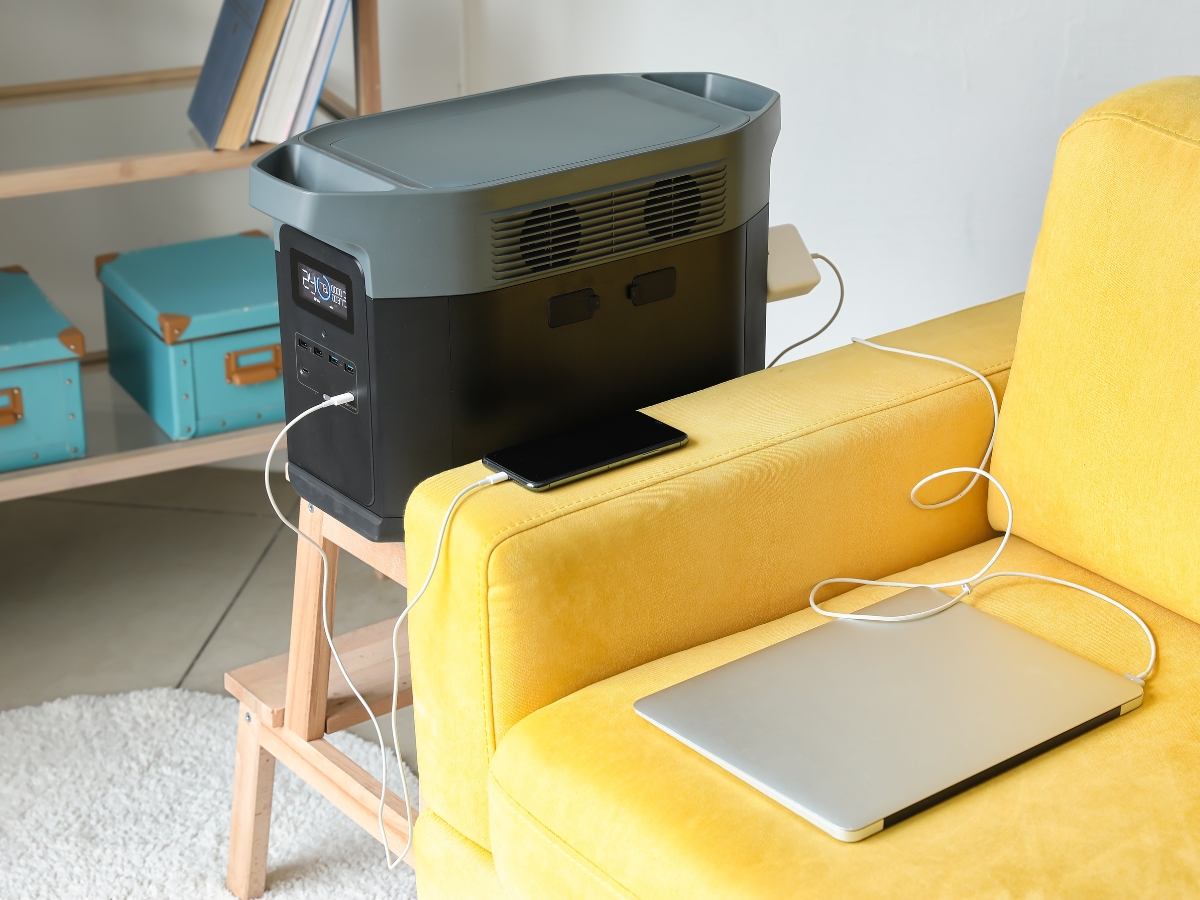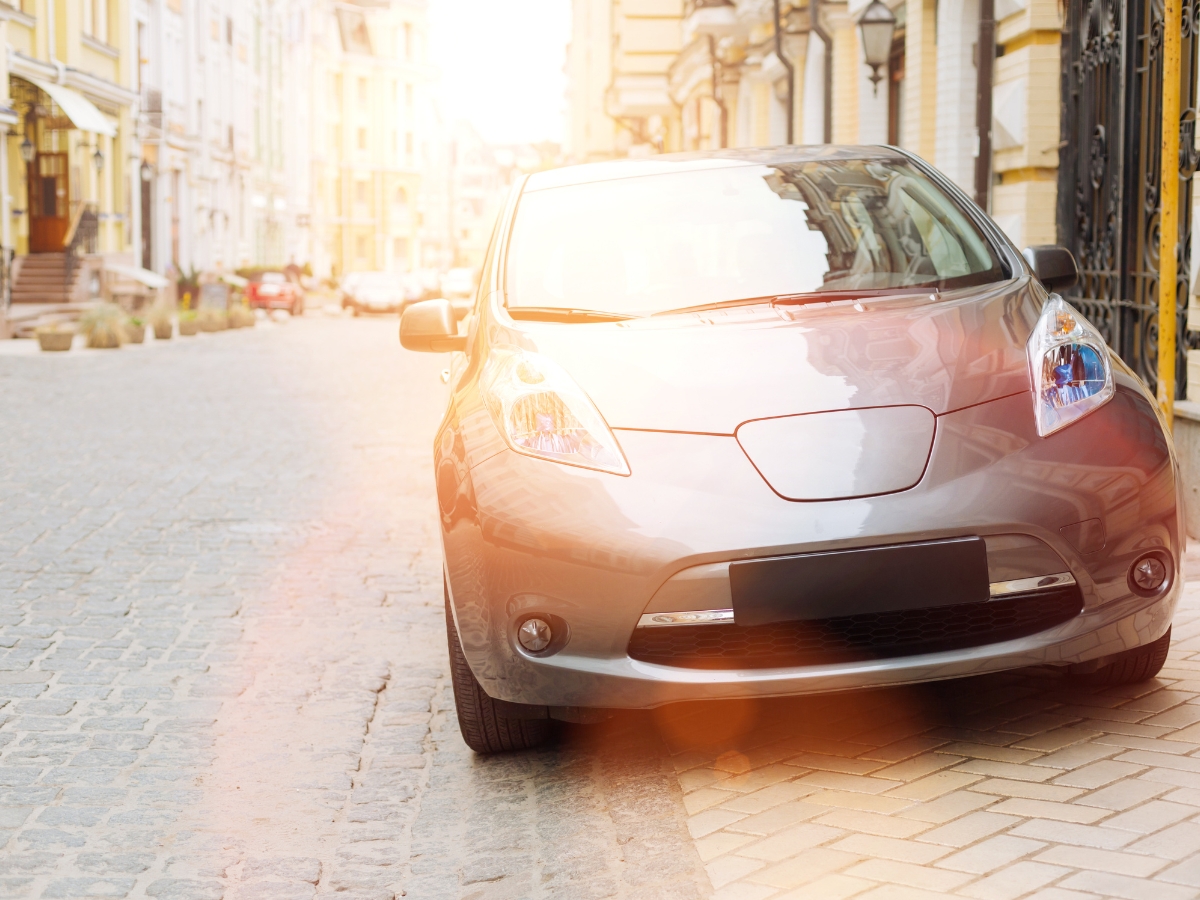In the old days, summer and late spring were the seasons for swimming, but not anymore! With the advent of heat pumps and advancing technology to make them more efficient, attaching one to your pool means you can now swim all year round!
Pool heat pumps work by drawing heat from the air and transferring it into the water through the swimming pool pump. They use the same principle as a normal heat pump but applied to a swimming pool rather than a house to keep the water warm throughout the year.
To understand the benefits of pool heat pump, we need to consider the following :
- How the pool heat pump works
- How much money it can save you
- How to install and maintain it
So, get your bathing costume on, and let’s dive into the deep end of your heated pool!

How Does The Pool Heat Pump Work?
Heat pumps are an extremely efficient heating system as they don’t use energy to create heat; they work by transferring it from one place to another. Heat pumps use the heat in the air around them and then draw that in and pump it through the system.
The water passes through the filter and the heat pump heater in a swimming pool. A fan in the heat pump draws in the warmer air and passes it over an evaporator coil.
Inside the evaporator coil, the liquid refrigerant absorbs that heat and is converted to a gas. The warmer gas passes through the compressor, which increases the temperature of the gas considerably, and the now very hot gas passes through a condenser.
The condenser transmits that heat to the pool water as it moves through the heat pump heater. The heated water is then pumped back into the pool, and the very hot gas low cools and returns to the evaporator coil in its original liquid state, and the process then repeats itself.
Scroll compressors are preferred to the standard reciprocal compressors as they are more efficient. Pool heat pumps work well in temperatures from 45℉ to 50℉, and since most people use them in mild to warm climates, they can operate most of the year with little issue.
When the temperature gets lower than optimal, you may find your heat pump using more power to warm the water, and this will reduce its overall efficiency and end up costing more to run.
What To Look For In A Pool Heat Pump
As with most heat pumps, the size of the pool and volume of water will need to be considered as this will determine the size of the heat pump needed. You also need to consider the pool heat pump’s efficiency and, of course, the cost.
Compared to gas pool heaters, pool heat pumps are more expensive to buy, but they have far better efficiency in operation and maintenance and will last longer, and cost less to run than a gas heater.
Let’s investigate each of the three factors individually, and we will start with how to size your pool heat pump properly.
How To Size Your Pool Heat Pump Correctly
With any project like this, it’s advisable to seek professional assistance as this can save you a lot of trouble, headaches, and money and ensure you have warranties to keep your system in good shape for years to come.
Before selecting a service provider, always take your time and do your due diligence to ensure that the company is legit and competent to do this work for you.
Pool heat pumps come in various sizes and are rated by horsepower (HP) and BTU capacity. The standard sizes for pool heat pumps are:
- 3.5 hp/75,000 Btu,
- 5 hp/100,000 Btu
- 6 hp/125,000 Btu
Several factors are considered when looking to size a pool heat pump.
A pool heat pump’s size will be determined by the surface area of the pool and the difference between the average pool temperature and the average air temperatures.
Other heat load factors affect the calculation: the cool night temperature, wind exposure, and humidity levels. So if your pool is located in an area with higher wind speeds, cooler nights, and less humidity, your pool heat pump will need to be bigger.
Is There A Formula To Calculate The Pool Heat Pump Size?
Using the following steps and formula, you can calculate what size heat pump you’d need for your pool.
- Find the lowest temperature for the coldest month when using your pool.
- Then establish your optimal desired pool temperature
- Subtract the coldest month temperature from the desired temperature
- This will give you the temperature rise figure
- Now calculate the pool’s surface area in square feet
Now you can use the formula below to calculate the BTU capacity per hour needed for your pool.
BTU/hour = pool area X temperature rise X 12
Let’s use the figures below as an example where the pool area is 300 square feet. The desired temperature is 80℉, and the coldest month’s average temperature is 55℉.
This would give you 300 X 25 X 12 = 90 000 BTU or a 5 HP pool heat pump.
What Is Pool Heat Pump Efficiency?
Every heat pump has an energy efficiency rating, which measures how much heat is produced against how the amount of energy needed to produce it.
This rating is called the COP or the Coefficient of Performance, and the higher the number, the better.
For example, a pool heat pump with a COP rating of 3.0 would indicate that the heat pump can deliver three units or kWh of heat for every one unit of electricity, so when looking for a pool heat pump, get the one with the highest COP you can.
Pool heat pumps can have an efficiency rating up to 7.0, but what you buy will depend largely on what you can realistically afford. A unit with a 7.0 rating will deliver seven units of heat for every one of electricity – that’s an efficiency of 700%!
Remember that the higher the COP rating, the more expensive the pump will be, but the energy savings, in the long run, will mitigate the initial cost and save you money in the long term.
How Inverter Technology Makes Pool Heat Pumps Super-Efficient
Developments in inverters have made it possible for pool heat pumps to operate at ridiculous efficiency.
This allows the compressor and fan to operate at variable speeds so that the energy output is matched to the pool heating requirements and not simply run at full speed when it’s not needed.
Using an inverter can boost the pool heat pump’s efficiency to 14.0. That means that the heat pump delivers DOUBLE the maximum energy capacity that a non-inverter heat pump could offer.
With a COP of 14, the heat pump would output 14kWh of heat for every 1 kWh of electricity used, and that is no mean feat!
When you consider that an average COP rating for a pool heat pump is between 3.0 and 7.0, the advent of inverters will be a game-changer for pool heat pumps.
Pool Heat Pump Vs. Electric Heater Savings
For comparison, let’s use an electric heater to see how much a pool heat pump will save you over a year.
For this comparison, we will use a pool size of 1000 sq feet, and it is an outdoor heated pool using an air-to-water heat pump.
The electric heater has a COP of 1.0 and would cost $1000 per year to operate at $0.13 /kWh; the heat pump has a COP 0f 5.0 and would only cost $200 per year to do the same job, saving $800 or 80%.
Pool Heat Pump Vs. Gas Heater Savings
For this example, the table below shows a gas pool heater with a variety of efficiency ratings from 55% to 75% and a price of $1.09 / thermal unit.
| Gas Heater COP | Annual Cost | Heat Pump 5.0 | Heat Pump Saving |
| 55% | $1000 | $700 | $300 |
| 60% | $915 | $700 | $215 |
| 65% | $845 | $700 | $145 |
| 70% | $785 | $700 | $85 |
| 75% | $732 | $700 | $32 |
From the table, you can see how important it is to have efficient heating systems for your pool as this can save or cost you a lot of money when heating your pool and how a mid-high level COP rating on the heat pump makes a big difference in operating costs.
How Much Do Pool Heat Pumps Cost?
Aside from the cost of the heat pump itself, installation costs also need to be considered.
For a pool heat pump, including the connection to the pool plumbing system, you would be looking at around $3500 -$6500. The cost to connect it to the electrical supply would run between $1000 and $3000 depending on the existing power supply at the pool.
A pool heat pump would need its electrical breaker, and this would need to be professionally installed to ensure compliance and safety.
Looking at the costs above, you would be paying about $5000 on average to supply and install your pool heat pump. Compared to solar, gas, or electric, installing a pool heat pump would be cheaper than all of them.
What Warranties Would Come With A Pool Heat Pump?
Warranties would vary depending on the size, brand, and quality of the heat pool pump you install. Still, you can reasonably expect a full two-year warranty on the unit, five years on the compressor and parts, and a lifetime warranty on the heat exchanger.
Pool heat pumps have a lifespan of around 7-10 years, but this depends on how well they are maintained and whether the sizing was accurate to start with.
If you get an undersized pool heat pump, it will work harder than it should, and this will cause wear and tear and increasing
What Other Benefits Does A Pool Heat Pump Have
Outside of their energy efficiency, pool heat pumps also have a few other benefits.
Pool Heat Exchangers Don’t Corrode Over Time
For starters, pool heat pumps have low maintenance, which is due to the design and the materials used in constructing the heat exchanger. This is the most integral and important part of your heating system, whether gas or electric.
A gas heat exchanger is usually made of cupro-nickel, a copper-nickel alloy, and when exposed to chemicals like chlorine or salt, they will rust over time.
This is why gas pool heaters only have a lifespan of around five years.
A pool heat pump’s heat exchanger is made from titanium or titanium alloy, and this will not corrode or rust when exposed to salt or pool chemicals in the water. A well-maintained pool heat pump can last as long as 15 years.
Pool Heat Pumps Are Environmentally Friendly
With the exception of solar pool heaters, which require no fuel source to operate, pool heat pumps use about 80% less energy to provide the same heating power like gas or electricity, as we saw from the tables discussed earlier.
This means that although they are using electricity, and this does burn some fossil fuel in the process, they don’t use nearly as much like electricity or gas, and so you are reducing your carbon footprint when you switch to a pool heat pump.
If you use gas to heat your pool, you are burning fuel to create the heat needed, while a heat pump only uses electricity to move heat from the air to the water.
Suppose you can connect your pool heat pump to an existing solar PV system. In that case, you could operate your heat pump using virtually no electricity at all – this provided your PV system can do so.
Pool Heat Pumps Add Value To Your Property
Many modern buyers would prefer homes with energy-efficient systems installed, whether it’s solar water heating or heat pumps for the home and pool. They are prepared to pay that little bit extra for an investment that will cost them less per year in electricity and energy costs.
Not only that, but the appeal of being able to swim all year round (depending on where you are) adds another extra bit of value to your home.
Resources



